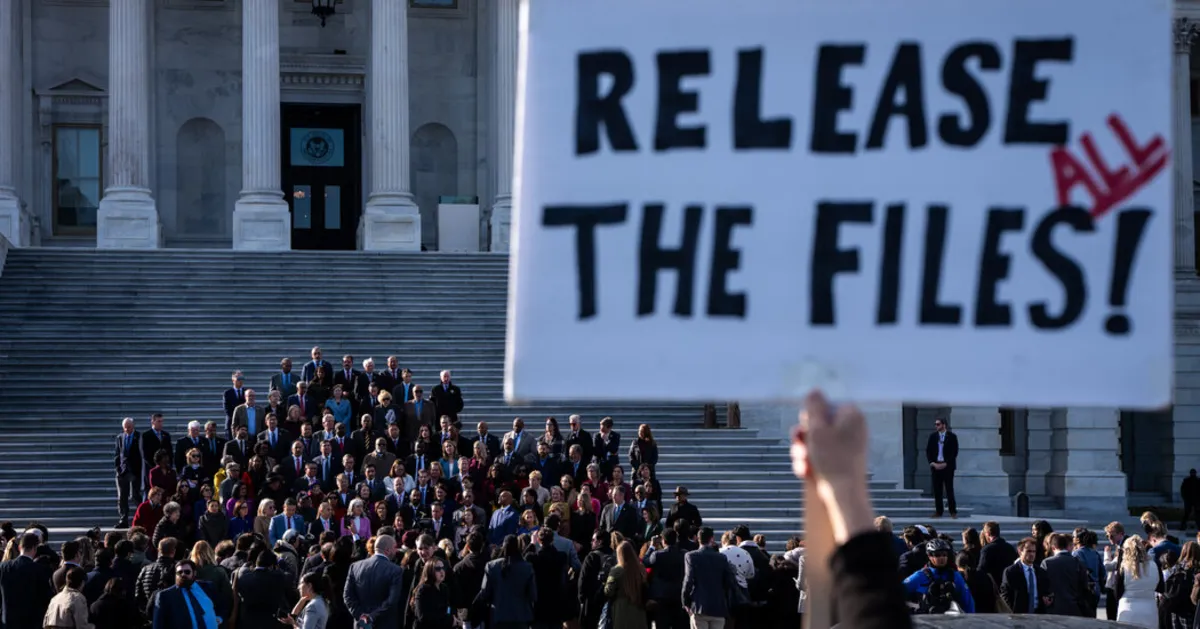
In a surprising turn of events, President Trump has publicly denounced the calls for the release of the Epstein files, labeling them as a Democratic hoax. This controversy has escalated to the point where Trump dispatched aides to caution Republicans that supporting the release would be perceived as a “hostile act.” Demonstrating his commitment to this stance, he even made personal calls to those members of Congress who dared to consider backing the release, and went as far as sending his Attorney General and the F.B.I. director to meet with a Republican in the White House Situation Room, attempting to persuade her to change her position.
Despite Trump's efforts, the strategy did not yield the desired results. On Sunday night, he made a rare concession, buckling under pressure from his own party and urging House Republicans to support a bill that would mandate the Justice Department to release all investigative files related to the convicted sex offender Jeffrey Epstein. By Monday, he expressed his willingness to sign the legislation that he had previously tried to block, stating, “Sure.” This change of heart raises questions about the effectiveness of his leadership and his ability to control the narrative within his party.
Interestingly, it remains uncertain whether this move will produce any tangible outcomes. President Trump possesses the authority to order the release of the Epstein files without needing Congressional approval, yet he has refrained from doing so until now. The ultimate decision of whether the Justice Department will follow through with the release is still in question. However, Trump's recent reversal has galvanized Republican support for the bill, which is anticipated to be voted on in the House as early as Tuesday, with a high likelihood of it passing with unanimous support.
This incident has sparked discussions about Trump's waning influence over Republican lawmakers and the broader political landscape. As his polling numbers continue to decline, coupled with rising prices and growing divisions within his political coalition, the Epstein controversy marks a notable instance where he has lost control. For the first ten months of his presidency, Trump successfully navigated the political narrative, often pushing Congress to align with his agenda with minimal opposition. However, as the midterm elections approach, some Republicans are beginning to contemplate a future beyond Trump, highlighting a shifting dynamic within the party.
For months, House Republicans have been apprehensive about the potential fallout from a vote to release the Epstein files. They have found themselves caught in a difficult position, torn between the demands of a passionate base advocating for transparency and the retaliatory pressure from a president who has opposed the release. This situation underscores the internal conflict within the party as they navigate their relationship with Trump while addressing the expectations of their constituents.
As the political landscape continues to evolve, the outcome of the Epstein files saga will likely have lasting implications for both President Trump and the Republican Party as they prepare for the upcoming midterm elections.